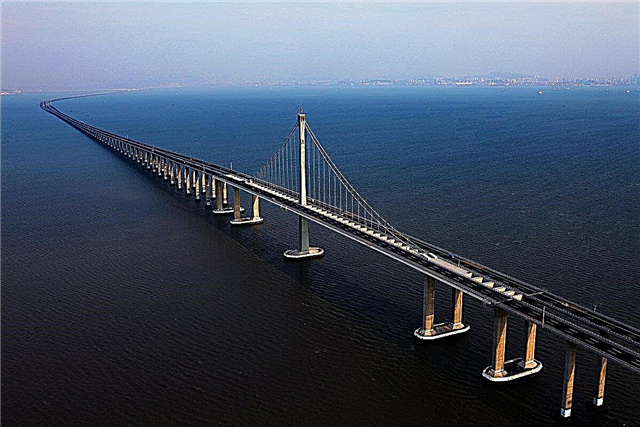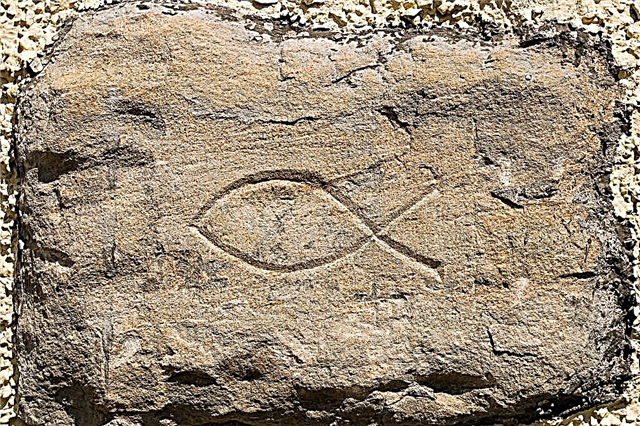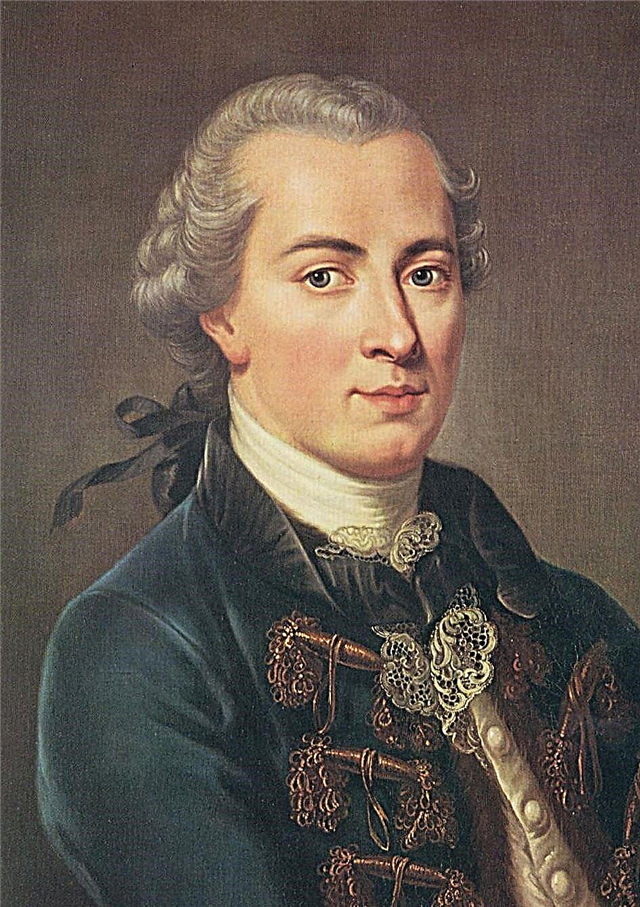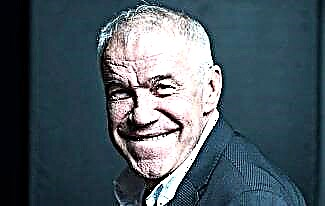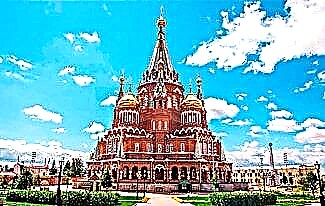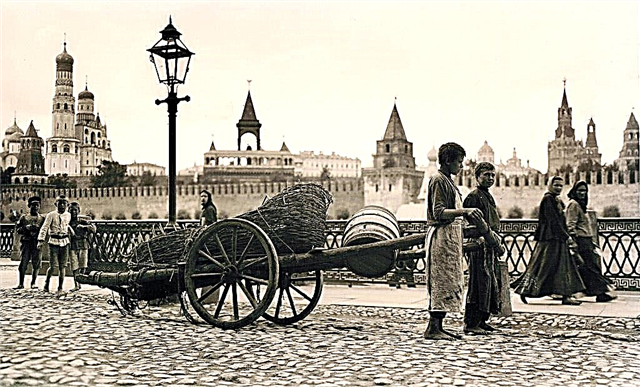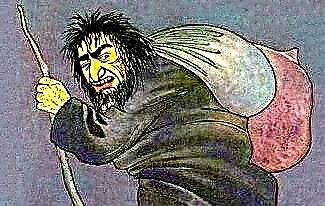Gavriil Romanovich Derzhavin (1743 - 1816) was an outstanding poet and statesman. He completely reformed the then poetic language, making it more emotional and sonorous, preparing a good basis for the Pushkin language. Derzhavin the poet was popular during his lifetime, his poems were published in large editions for that time, and his authority among his fellow writers was enormous, as their memoirs speak.

Less known is Derzhavin the statesman. But he rose to the high rank of the Actual Privy Councilor (corresponding to a full general in the army or an admiral in the navy). Derzhavin was close to the three emperors, was twice the governor, and held senior posts in the central government apparatus. He had great authority in society, in St. Petersburg he was often asked to sort out litigations in the role of an arbitrator, and several orphans were under his care at the same time. Here are some more not too widely known facts and stories from Derzhavin's life:
1. Gabriel Derzhavin had a sister and a brother, however, he lived to mature years alone, and even then being a very frail child.
2. Little Gabriel studied in Orenburg at a school opened by a German exiled to the city for a criminal offense. The style of training in it fully corresponded to the personality of the owner.
3. While studying at the Kazan gymnasium, Gabriel and his comrades drew a beautiful copy of a large map of the Kazan province, decorating it with landscapes and views. The map made a great impression in Moscow. As a reward, the children were enlisted as privates in the guards regiments. For those times, it was an encouragement - only nobles enrolled their children in the guard. For Derzhavin, it became a problem - the guardsman must be rich, and the Derzhavins (by that time the family was left without a father) had big problems with money.
4. The Preobrazhensky regiment, in which Derzhavin served, participated in the overthrow of Peter III from the throne. Despite the fact that the regiment was treated kindly by Catherine after accession to the throne, Derzhavin received the officer rank only after 10 years of service. It was a very long time for a nobleman in the guard.
5. It is known that Gavriil Romanovich began his poetic experiments before 1770, but nothing of what he wrote then survived. Derzhavin himself burned his wooden chest with papers in order to quickly get through the quarantine to St. Petersburg.
6. Derzhavin played cards a lot in his youth and, according to some contemporaries, not always honestly. However, proceeding from the fact that the transfiguration was forever not a penny, most likely this is just slander.
7. The first printed work of GR Derzhavin was published in 1773. It was an ode to the wedding of Grand Duke Pavel Petrovich, published anonymously in 50 copies.
8. The ode “Felitsa”, which brought Derzhavin first fame, was disseminated through the then Samizdat. The poet gave a manuscript to read to his friend, in which almost all the highest dignitaries of the Russian Empire were criticized in Aesopian language. The friend gave his word of honor that only for himself and only for one evening ... A few days later the manuscript was already demanded to be read by Grigory Potemkin. Fortunately, all the nobles pretended not to recognize themselves, and Derzhavin received a gold snuffbox decorated with diamonds and 500 gold pieces - Catherine liked the ode.
9. G. Derzhavin was the first governor of the newly created Olonets province. He even bought furniture for the office with his own money. Now on the territory of this province are part of the Leningrad region and Karelia. Famous for the film "Ivan Vasilyevich Changes His Profession" Kemskaya volost was located here.
10. After the governorship in Tambov, Derzhavin came under the Senate court. He managed to refute the accusations, although there were many of them. But the main role in the acquittal was played by Grigory Potemkin. His Serene Highness before the Russian-Turkish war, despite the intrigues of the Tambov officials, received money from Derzhavin to buy grain for the army, and he did not forget it.
11. Derzhavin did not particularly favor emperors and empresses. Catherine expelled him from the post of personal secretary for rudeness and abuse at reports, Paul I sent him into disgrace for an obscene answer, and Alexander for too zealous service. At the same time, Derzhavin was a very conservative monarchist and did not want to hear about a constitution or the emancipation of the peasants.
12. In charge of office work and intelligence at the headquarters of the troops that fought the rebels led by Yemelyan Pugachev, Derzhavin acquired not the best reputation. After the uprising was defeated and the investigation ended, he was dismissed.
13. As often happens in life, Derzhavin himself believed that he was not loved for his passion for truth, and those around him considered him a quarrelsome brawler. Indeed, in his career, rapid ascents alternated with crushing failures.
14. Emperor Paul I in one of the weeks of November 1800 appointed Derzhavin to five posts at once. At the same time, Gabriel Romanovich did not have to resort to any intrigues or flattery - the reputation of an intelligent and honest person helped.
15. Almost all of Derzhavin's works are topical and were written in anticipation of or under the influence of any political or personnel events. The poet did not hide this, and even made a special commentary about his work.
16. Derzhavin was married twice. His first wife was the daughter of the royal Portuguese chamberlain, Elena. The couple had been married for 18 years, after which Elena Derzhavina died. Derzhavin, although he married a second time rather quickly, remembered his first wife to death with warmth.
17. Gabriel Romanovich did not have children, but several orphaned children of nobles were brought up in the family at once. One of the pupils was the future great Russian navigator Mikhail Lazarev.
18. Derzhavin paid a small pension to an old woman who always came for money with a small dog. When the old woman asked to accept the dog, the senator agreed, but set a condition - he would bring the old woman's pension personally, during walks. And the dog took root in the house, and when Gabriel Romanovich was at home, he sat in his bosom.
19. Beginning to dictate his memoirs, Derzhavin accurately listed his titles and positions under all three autocrats, but did not mention his undoubted poetic merits.
20. Gabriel Derzhavin died at his estate Zvanka in the Novgorod province. The poet was buried in the Khutynsky monastery near Novgorod. In the epitaph, which Derzhavin composed himself, again not a word about poetry: "Here lies Derzhavin, who supported justice, but, suppressed by untruth, fell, defending the laws."

